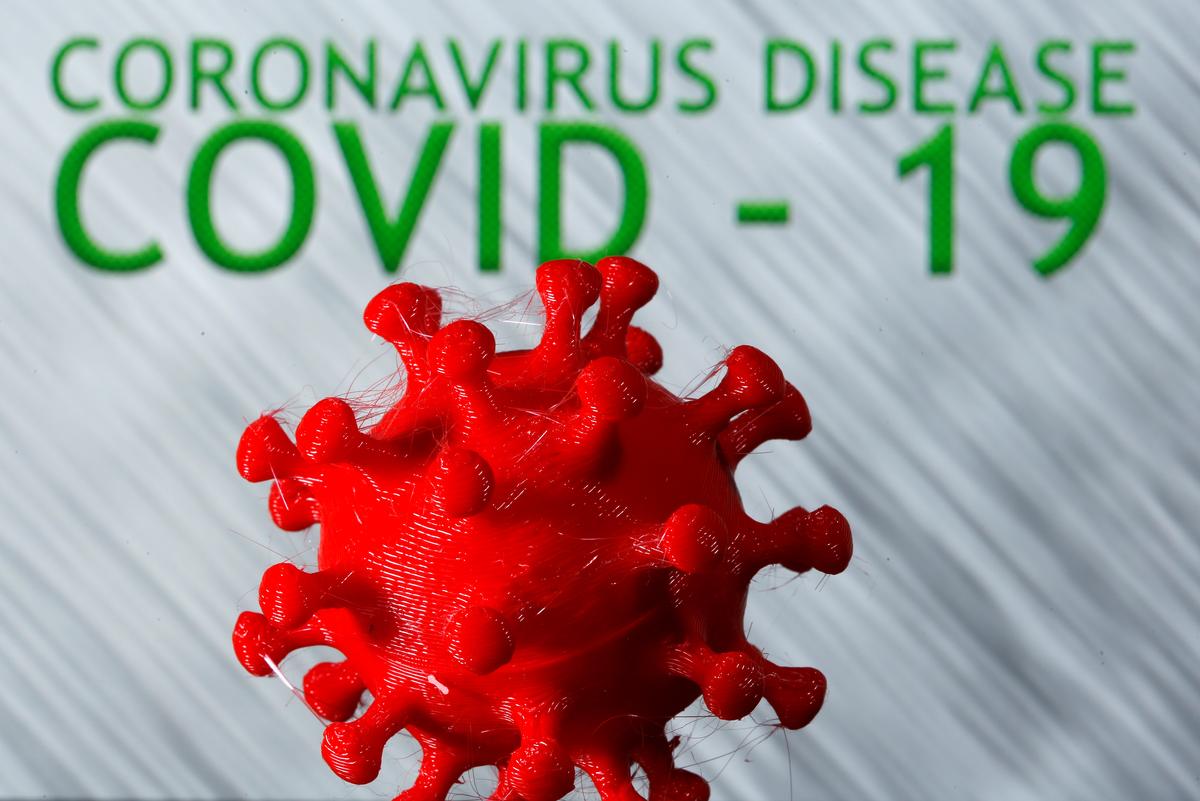(Reuters) – It has been only three months since reports first emerged from China of an unknown virus causing unusual cases of pneumonia, and scientists and public health experts already know more about it and how it works than at the same point in earlier outbreaks.
FILE PHOTO: A 3D-printed coronavirus model is seen in front of the words coronavirus disease (Covid-19) on display in this illustration taken March 25, 2020. REUTERS/Dado Ruvic/Illustration
But there’s still a lot they don’t know.
As the new coronavirus continues to spread around the world, here are some of the most important questions researchers and doctors – as well as policymakers and economists – are still trying to answer:
How contagious is the virus?
The virus spreads from person to person through small droplets from the nose or mouth via coughing or sneezing, according to the World Health Organization (WHO). It can persist on most surfaces up to several days, so in addition to directly inhaling the virus, you can become infected by touching something that has been contaminated and then touching your own nose, mouth or eyes. There is some evidence that virus particles in the feces of an infected person can transmit the disease through contact, but that remains unconfirmed.
How many people are infected, and how many do not show any symptoms?
So far, more than 550,000 cases have been reported worldwide, of which more than 127,000 have recovered and more than 24,000 have died. Some researchers estimate that up to 80% of people who are infected show no or only mild symptoms and may not even know they are sick. That would put the number of people who might have been infected in the millions. But we need many more studies and much more testing to close in on a more accurate number.
Graphic: Tracking the spread of the coronavirus, here
Are younger people less likely to die from the virus?
Younger people, while less vulnerable, can still develop COVID-19 – the disease caused by the SARS-CoV-2 coronavirus – severe enough to require hospitalization. Just how much safer they are is still unanswered. The WHO says older people with pre-existing conditions – such as chronic obstructive pulmonary disease or asthma

